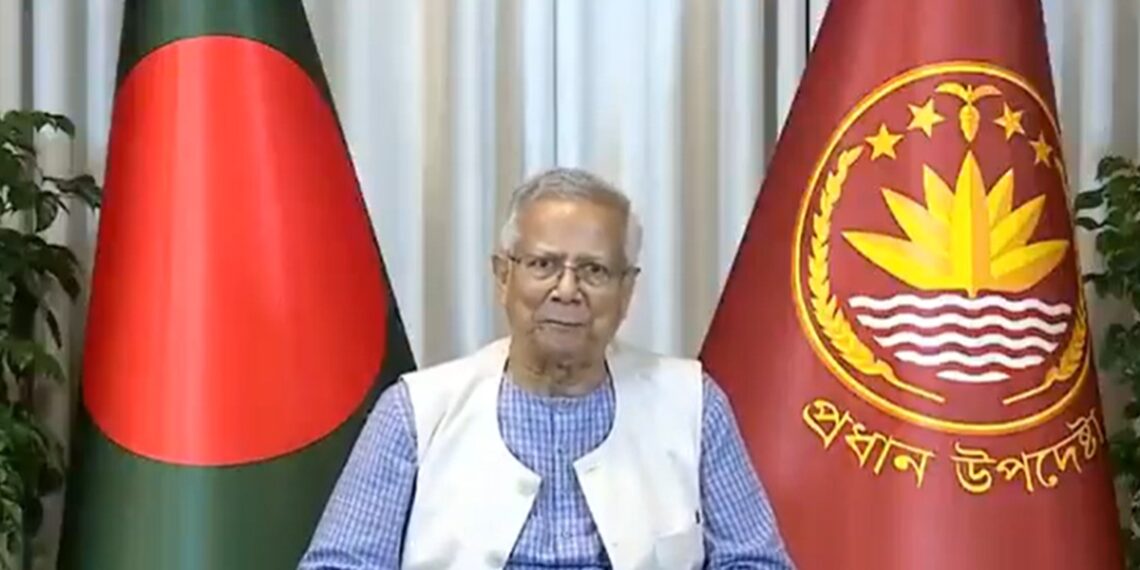New Delhi: Bangladesh’s interim government, led by Nobel laureate Muhammad Yunus, has signalled that the country’s next general election will not be held before early 2026, citing the need for sweeping reforms before voters head to the polls.
The delay has reshaped the political landscape, placing the opposition Bangladesh Nationalist Party (BNP) in a commanding position while the fate of the ousted Awami League remains uncertain.
The BNP had pushed for elections before December 2025, but during a meeting between Yunus and BNP acting chairman Tarique Rahman, both sides agreed to a tentative timeline of February 2026.
Yunus insists there will be no election until key reforms are completed — including changes to the constitution, judiciary, press freedoms, and the electoral process.
India, a key neighbour and strategic partner, has reiterated the need for a democratically elected government in Dhaka, but questions remain over whether the reforms can be implemented within the proposed timeframe.
The political shake-up follows the dramatic fall of Sheikh Hasina’s Awami League government in August 2024, toppled by a massive student-led uprising.
The protests turned deadly after security forces loyal to Hasina used extreme force, prompting demands for those responsible to be prosecuted.
A UN fact-finding mission later accused the former government and security agencies of committing serious human rights violations, including crimes against humanity.
Hundreds of cases have since been filed against security officials, but the Awami League has dismissed them as politically motivated. Public trust in the security apparatus remains deeply eroded, fuelling daily outbreaks of violence.
The army, wary of further unrest, has been cautious in its response — a stance critics say has weakened law and order.
Adding to the uncertainty is whether the Awami League will be allowed to contest the next election.
Chief Election Commissioner AMM Nasir Uddin has said the party can run unless formally banned by the interim government or judiciary.
However, Yunus and his allies — including the BNP, Jamaat-e-Islami, and the National Citizen Party (NCP) — oppose its participation.
ALSO READ: Five Nagaland tribes to skip state events over reservation review panel dispute
Analysts warn that excluding the Awami League, which retains strong rural, minority, and women’s support, could trigger further instability.
At the same time, a BNP landslide — likely if the Awami League is barred — could concentrate power in the hands of a party long out of office, raising fears of an authoritarian turn.
For now, Yunus’s administration is banking on prosecutions and accountability within the military and police to restore public confidence.
But with political divisions deepening and violence simmering, Bangladesh’s road to a peaceful, credible election remains fraught with risk.















